
Alexander von Humboldt for Ecologists
Bruce Byers explores the life and legacy of Alexander von Humboldt, a German polymath whose lasting impact on ecology is being highlighted in a virtual exhibition of the Smithsonian American Art Museum.
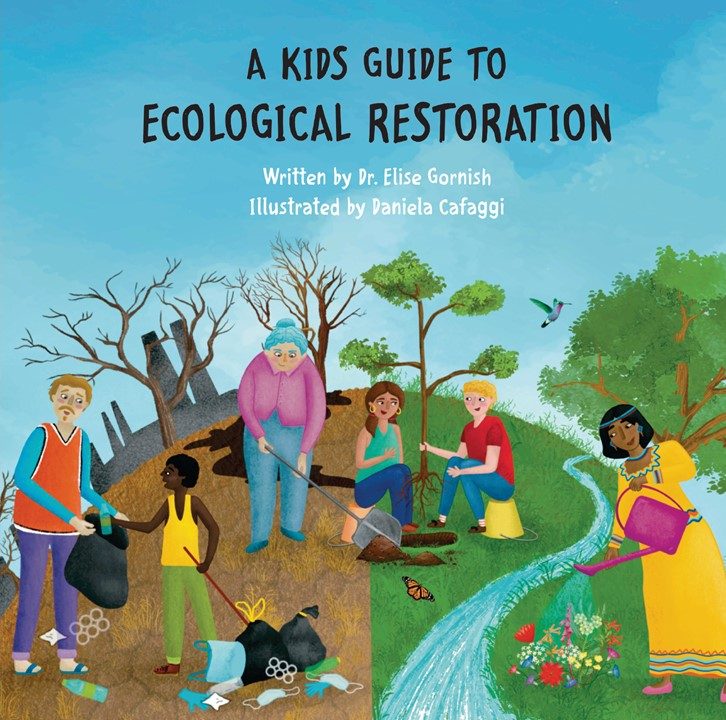
Elise Gornish is a life member of ESA and a founder of the Ecological Restoration Section. She was elected an Early Career Fellow of the Society in 2019. In June, she published her first children’s book, what she believes is the first children’s book on ecological restoration. A Kids’ Guide to Ecological Restoration is available via Amazon. ESA: What was…
Read More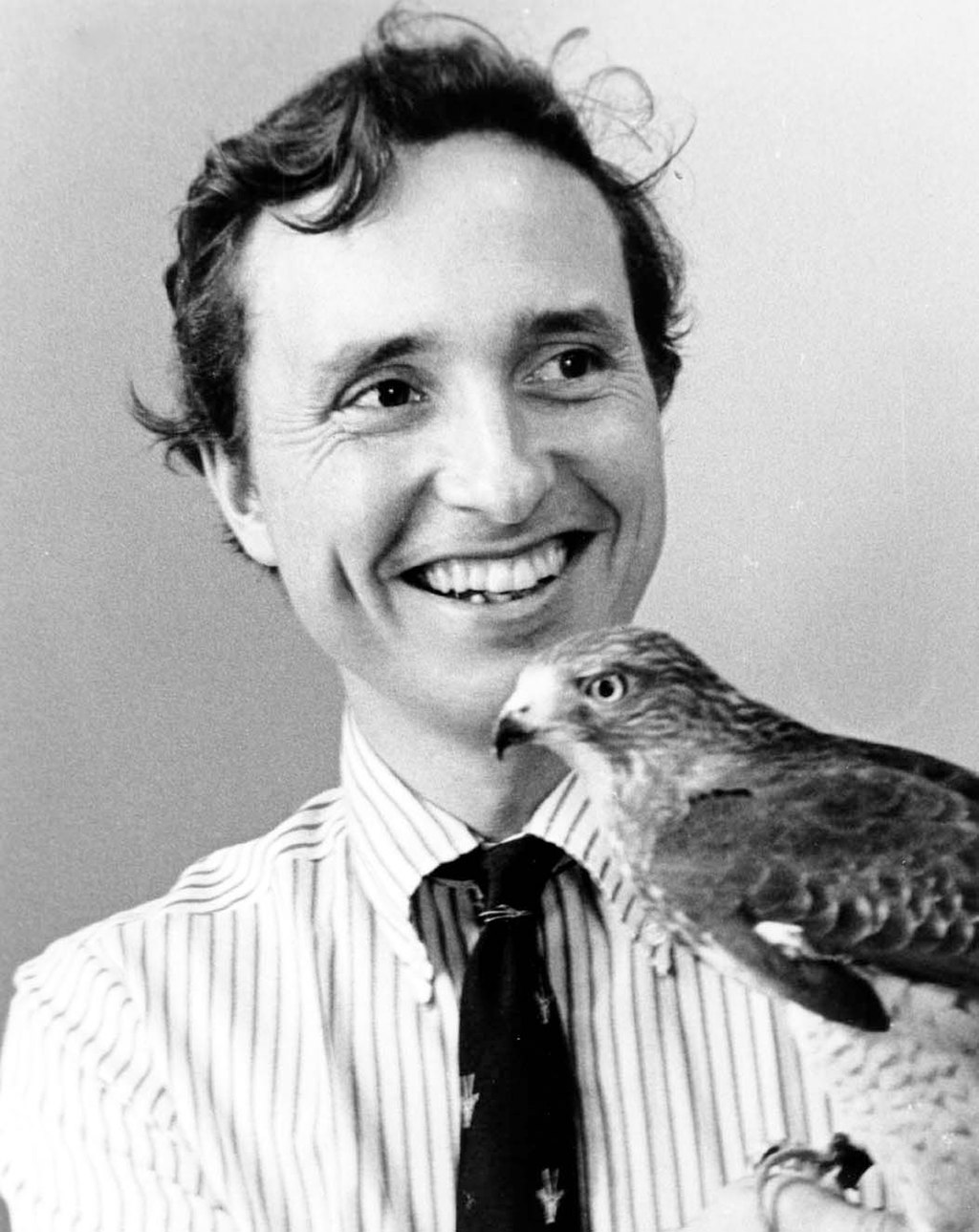
The world lost a dedicated scientist and enthusiastic spokesperson for the environment with the passing of Tom Lovejoy. His optimism, generosity, and compassion inspired an amazing spectrum of ecologists, conservation biologists, economists, politicians, celebrities, and students.
Read More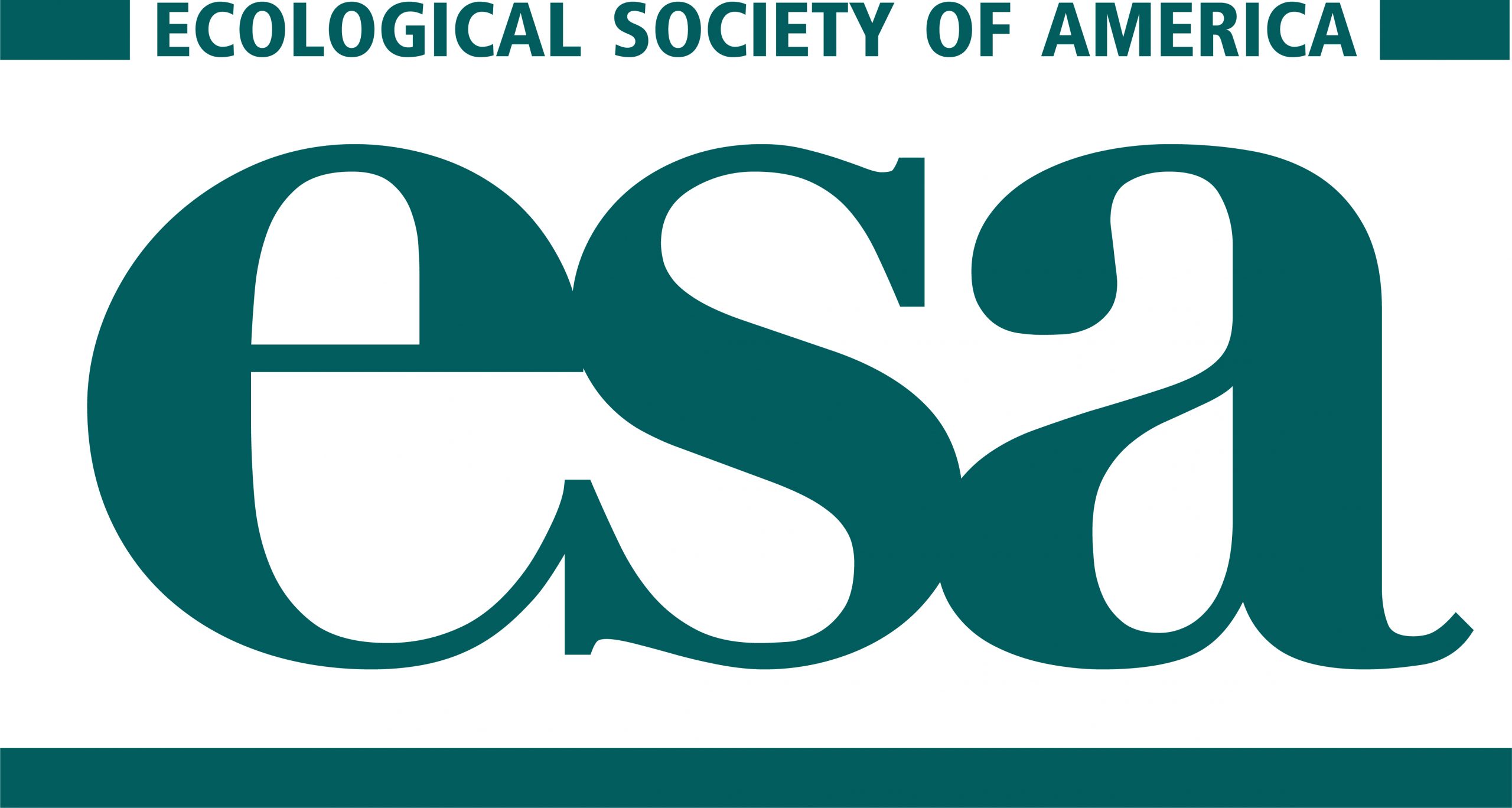
The COVID-19 pandemic has had a huge effect on how we interact with each other and how we communicate scientific information to advance research. Working and interacting virtually has affected all societies and every field of science and ESA and ecology are no exception. Nearly all in-person conferences have been converted to an online format, the so-called virtual conference. 2020…
Read More
Bruce Byers explores the life and legacy of Alexander von Humboldt, a German polymath whose lasting impact on ecology is being highlighted in a virtual exhibition of the Smithsonian American Art Museum.
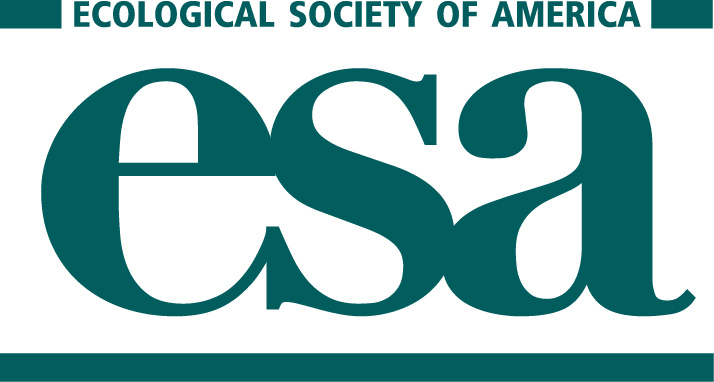
By Kathleen Weathers, Pamela Templer, and Catherine O’Riordan “To fulfill ESA’s mission to advance the science and practice of ecology, Black, Indigenous, and People of Color must be fully supported throughout their careers.” -DEIJ Task Force Recommendations At its November 2020 meeting, the Governing Board of the Ecological Society of America (ESA) unanimously endorsed the recommendations submitted by the Task…
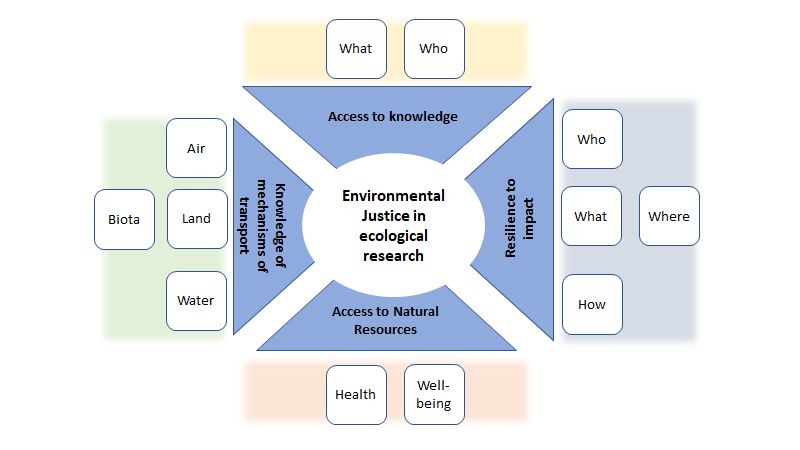
by Gillian Bowser and Carmen R. Cid “The Somebody Else’s Problem field…relies on people’s natural predisposition not to see anything they don’t want to, weren’t expecting, or can’t explain.” -Douglas Adams, 1982[1] When is the right time to act on environmental justice, diversity and inclusion? For the last three decades, the Ecological Society of America membership has elevated the human…
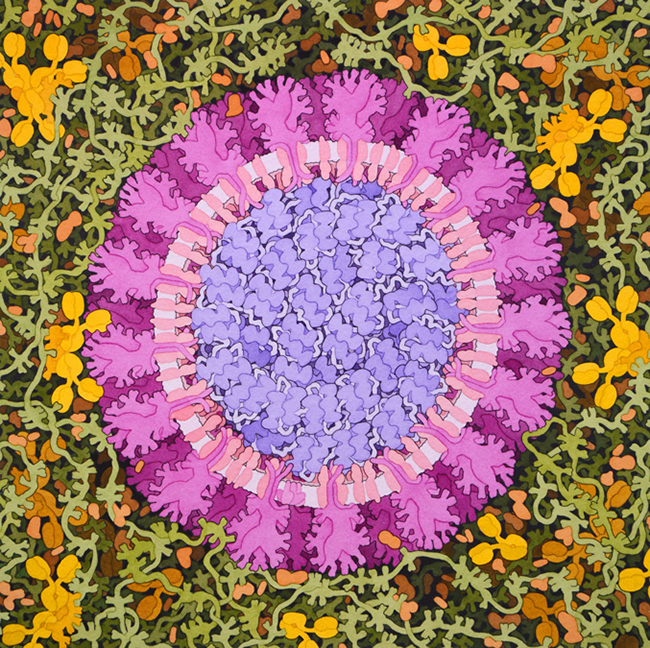
This blogpost originally appeared on the website for Bruce Byers Consulting. by Bruce Byers The novel coronavirus is holding up a mirror for our species, giving us an opportunity to consider our place in the evolution of life on Earth and question our anthropocentrism. What I’ve missed during this pandemic and shutdown of our usual social and economic life is…
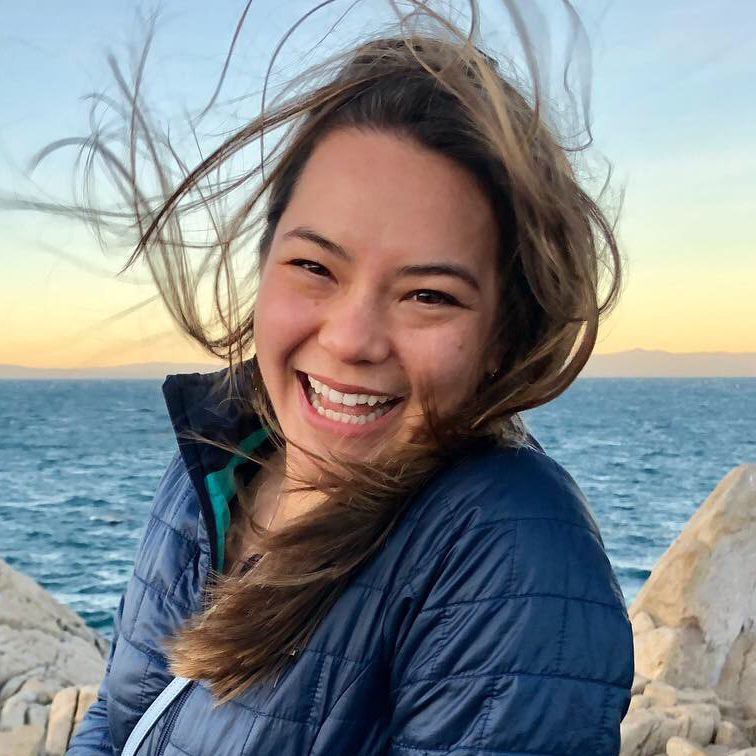
In honor of Kendra Chan by Jasjeet Dhanota, SEEDS Co-President with Kendra Chan, UC Davis (2014–2015) The Ecological Society of America’s SEEDS program (Strategies for Ecology Education, Diversity and Sustainability) is proud to announce a major gift from Ms. Vicki Moore in honor of her daughter, Kendra Chan, to support SEEDS Campus Ecology Chapters, which are active on over…

by Benjamin S. Halpern1,2, Julien Brun1, Amber Budden1, Marty Downs1, Carrie V. Kappel1, and Julia S. Stewart Lowndes1 1National Center for Ecological Analysis and Synthesis, University of California, Santa Barbara, CA 2Bren School of Environmental Science and Management, University of California, Santa Barbara, CA When the University of California Santa Barbara (UCSB) started shutting down its research labs on March…
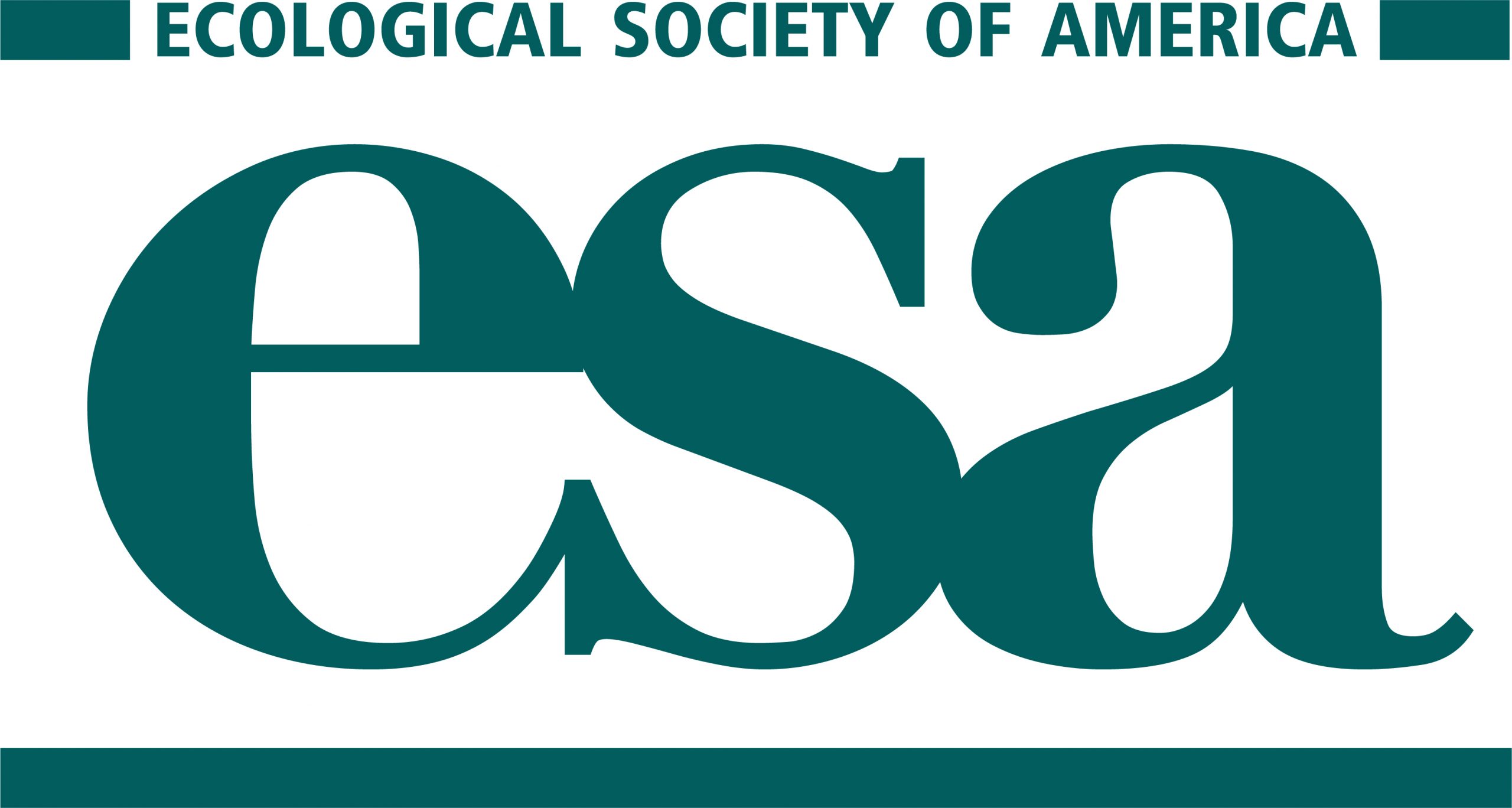
Dear ecological community, We reach out to you today in sadness and solidarity. Recent acts of violence against the Black community as seen in the horrific killings of George Floyd, Breonna Taylor and Ahmaud Arbery, have sparked protests across the United States. They underscore the long history of racism and discrimination in our country. Racism and prejudice continue to harm…
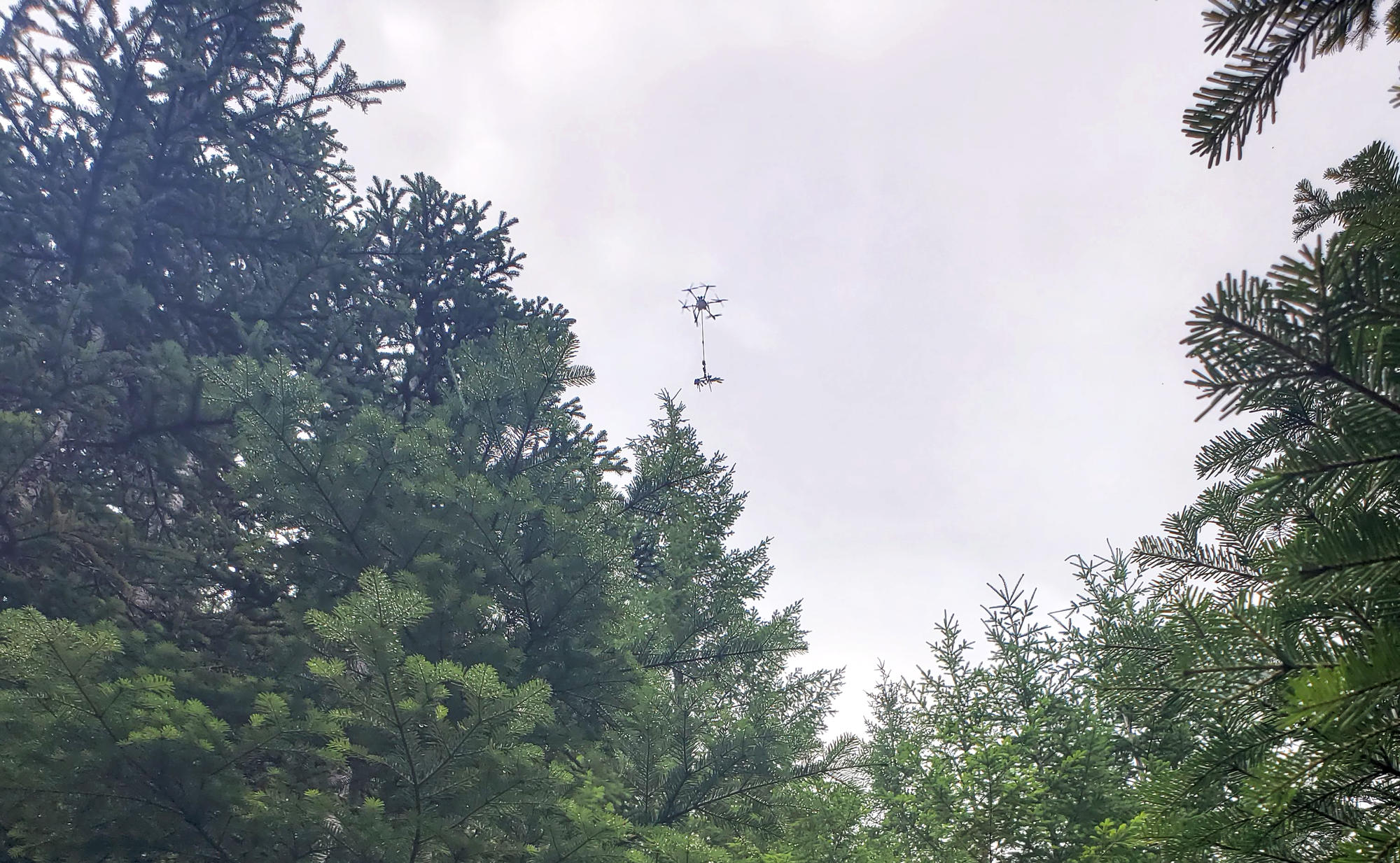
by National Ecological Observatory Network When humans can’t get to the field for ecological research, could the robots take over? When humans can’t get to the field for ecological research, could the robots take over? COVID-19 has limited the ability of ecologists to get to the field to collect samples and check instruments in many parts of the world. While…
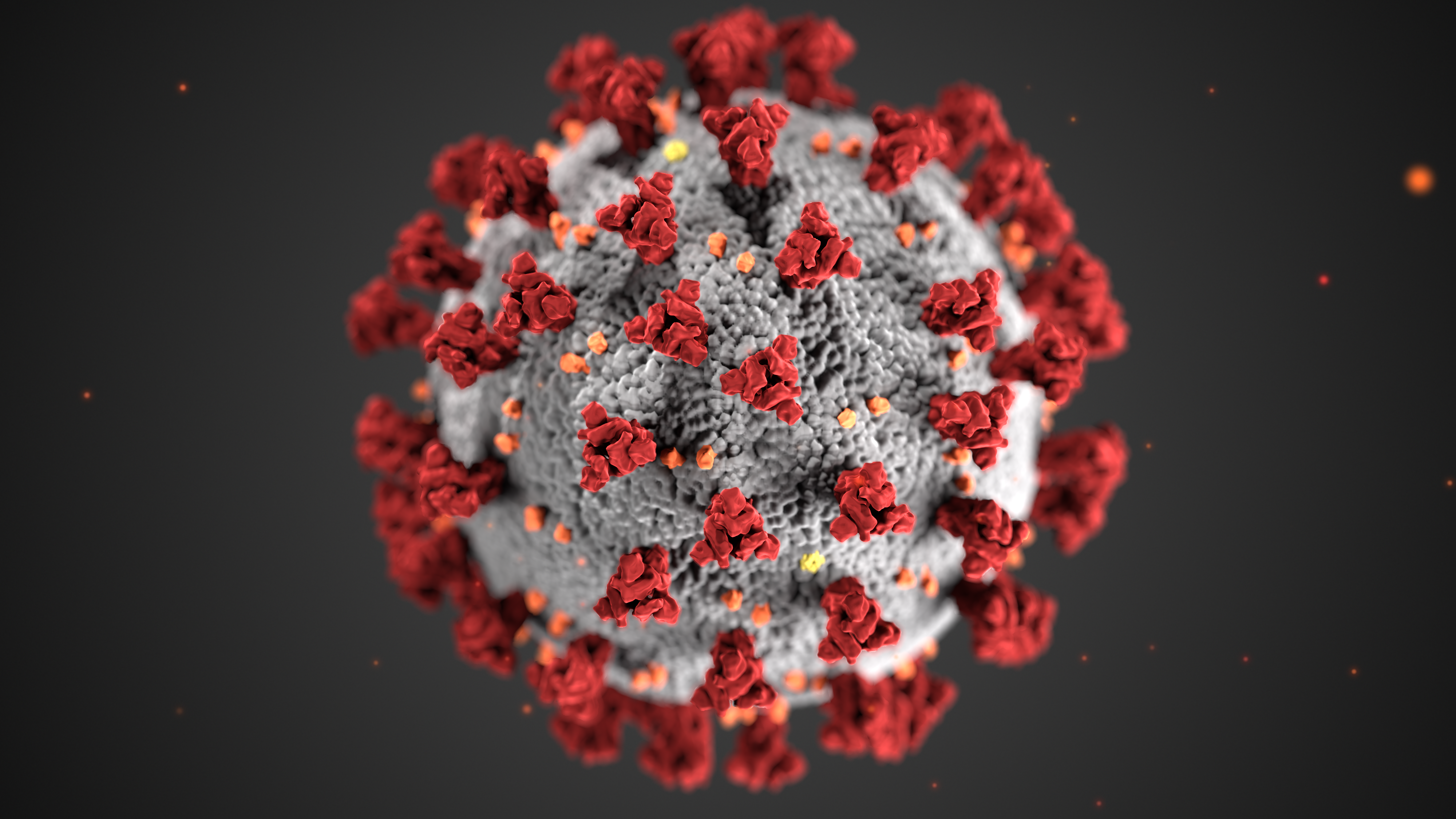
by Jorge V. Crisci (Universidad Nacional de la La Plata, Argentina) and Tod F. Stuessy (Ohio State University, USA) The great German physicist Werner Heisenberg remarked that nature does not reveal itself directly but only through questions we ask about it. This is true for questions we have with the tragic pandemic of COVID-19. In the last 17 years, coronaviruses,…